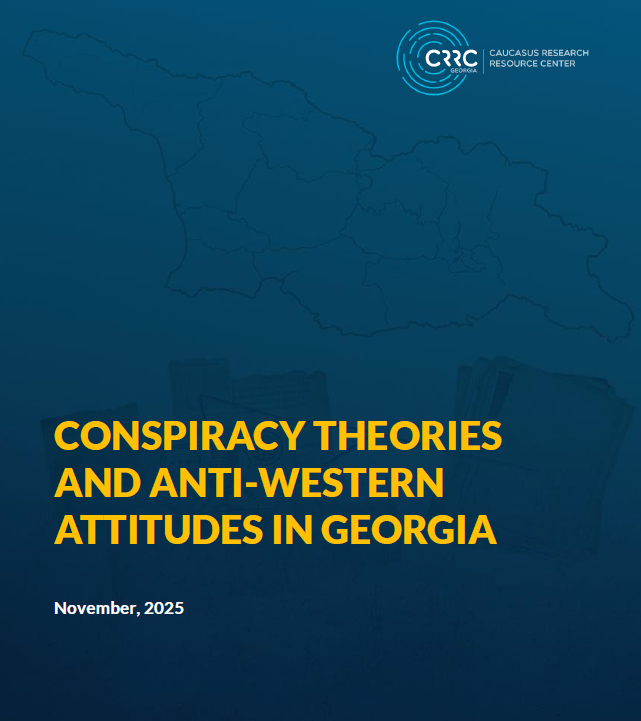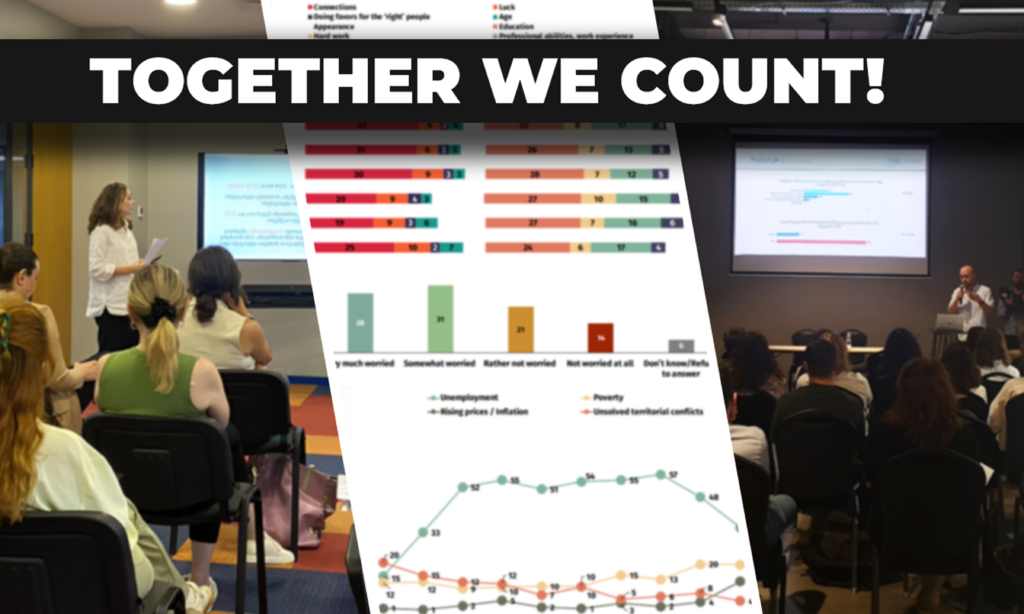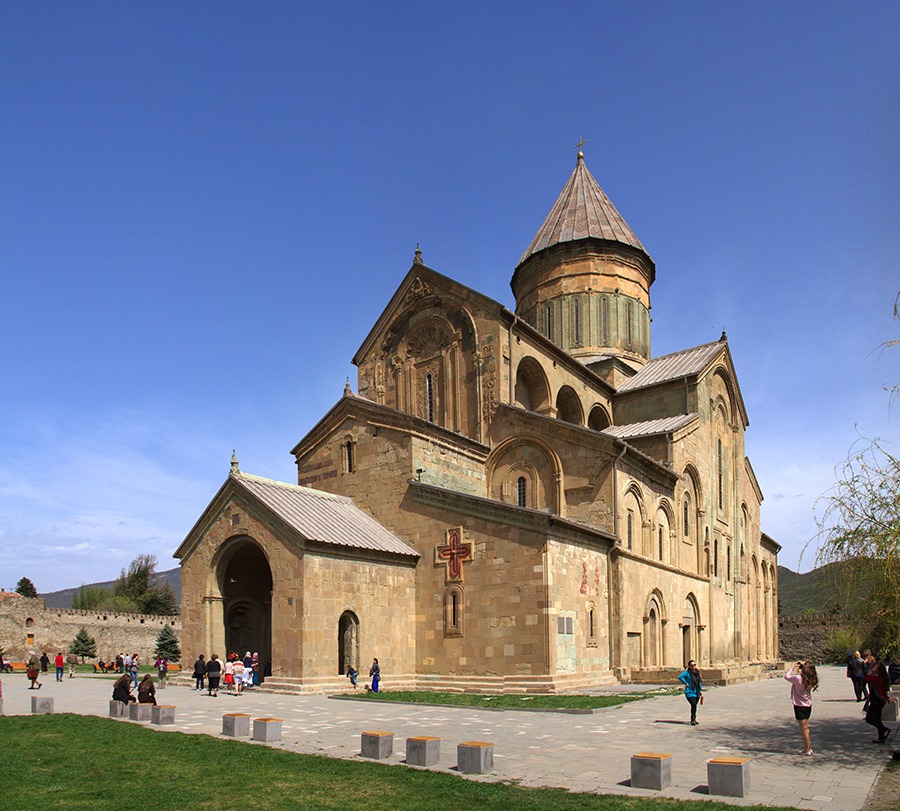CRRC, ARISC and American Councils are proud to present the 16th and final session of the 2020 Spring/Summer Series of the Tbilisi Works-in-Progress series, now celebrating its 10th year!
Given the continuing COVID19 situation, we will once again hold the Works-in-Progress session virtually. Please RSVP to georgia@arisc.org for a link to the event.
Parental labor migration and educational attainment in Kyrgyzstan: An analysis of the data from the National Assessment of Educational Achievement
Todd Drummond, American Councils for International Education
Wednesday, July 22, 2020 at 18:30 Tbilisi Time
The importance of remittances from migrant laborers to the economies of the former Soviet Central Asian Republics has received considerable attention over the last two decades (Marat, 2009; Reeves, 2012). In 2016, remittances from migrant workers to Kyrgyzstan accounted for USD 2 billion, or 30.4% of GDP, the second highest proportion for any nation after Nepal (World Bank, 2016). The earnings of migrant laborers contribute to stabilizing families and the overall economic situation in Kyrgyzstan. However, few studies have examined the relationship between the absence of migrant parents from the home and children’s overall well-being: Might there be costs to children such as lower educational attainment due to the absence of parents in the home? Research has demonstrated the importance of parental presence and involvement in schooling for achievement (Salzman, 1987; Kunz, 1995; Amato & Gilbreth, 1999; Rosenzweig, 2000; Pong, Dronkers, & Hampden-Thompson, 2003). Parents not only speak with their children, teach and guide them through their daily interactions, but also assist their children with “the language of schooling” (Clinton, Hattie, & Dixon, 2007). Considering the large proportion of children with migrant laborer parents (38% sampled from the Jalal-bad Oblast, the region with the highest percentage reporting) (NAEA, 2017), it is important to understand the impact of this aspect of migration on children’s academic performance.
Using Grade 4 data from the 2017 National Assessment of Educational Achievement (NAEA) in reading, mathematics, and science, and student survey data, this study empirically examines the relationships between parental migration and academic performance. The NAEA is nationally representative and assessments are conducted in the Kyrgyz, Russian, Uzbek languages. In addition to the tests, a 30-item questionnaire collects background information on home and family life, socio-economic status, including information about parental migrant status. To determine the relationship between parental migration and student outcomes, the effect of migration was isolated by employing an analytic approach that controlled for the impact of other key background variables. With the test scores from the three domains (math, reading, science) serving as the dependent variable, a series of independent variables were analyzed in multiple regression models. The results indicate that having migrant parents (mother, father, or both) was associated with poorer learning outcomes, after controlling for key variables as socio-economic status. This presentation will offer an overview of the methods employed and an interpretation of results. Discussion will pose important questions for policy makers in the republic as they grapple with parental migration issues and educational achievement.
Dr. Todd Durmmond is Director of Assessment and Educational Services for American Councils for International Education and is based in Washington, DC.
Although this presentation will take place in virtual format, in observation of the spirit of the Chatham House Rule to which the series generally adheres, the talk will not be recorded and we courteously request that the other participants refrain from recording and/or distributing it as well.*WiP is an ongoing academic discussion series based in Tbilisi, Georgia, that takes place at the new office of CRRC at Liziko Kavtaradze St. 1. It is co-organized by the Caucasus Research Resource Centers (CRRC), the American Councils for International Education: ACTR/ACCELS, and the American Research Institute of the South Caucasus (ARISC). All of the talks are free and open to the public.
(c) Photo taken from akipress.com










